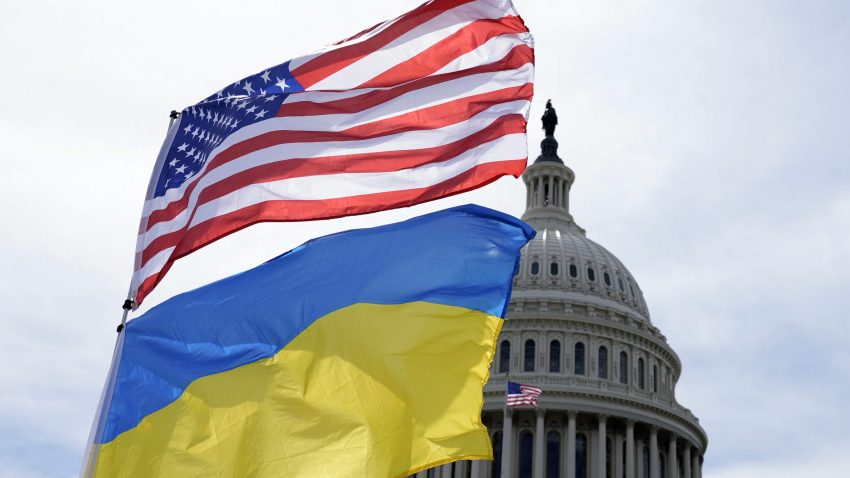There was visible relief among U.S. legislators on April 20 when, after months of paralysis, a $61 billion aid package to help Ukraine in its war of survival against Russia was finally passed in Congress. The Senate approved the bill yesterday, and U.S. President Joe Biden is expected to quickly sign it into law.
Since October, repeated attempts by isolationist Republican representatives and senators aligned with former President Donald Trump to sabotage aid for Ukraine had come to symbolize U.S. political dysfunction. But even as U.S. officials now move swiftly to get long-delayed military assistance to Ukraine, questions still linger over Washington’s ability to act as a reliable partner to its friends and a determined adversary to its foes.
Depending on electoral outcomes in this November’s presidential and congressional elections, several key variables over time will affect Washington’s ability to stick to its strategic commitments. Regardless of whether it is Biden or Trump who emerges victorious from what promises to be a brutally polarizing campaign, it is likely that a U.S. political scene in a state of flux will generate short-, medium- and long-term challenges for allies and partners struggling to manage relations with Washington. While the impact of current and future conflicts may affect policymakers in Washington in ways that are difficult to predict, some emerging trends are already visible when it comes to the interaction between domestic politics and U.S. foreign policy.

